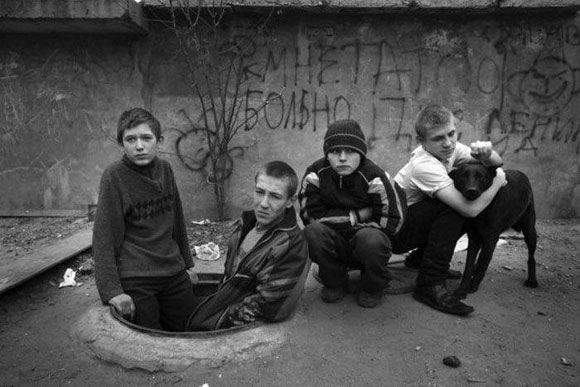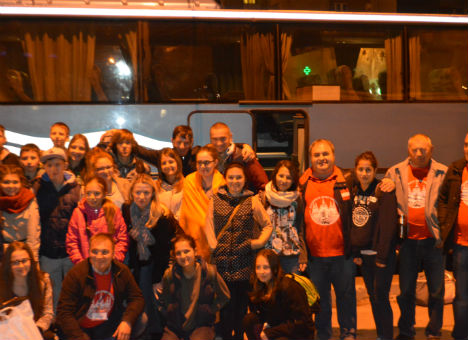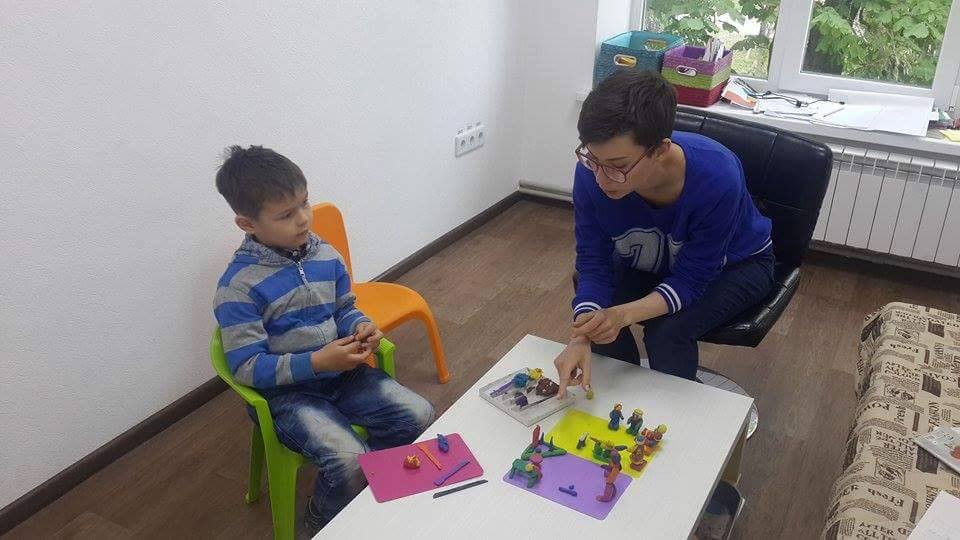The Russian government may succeed in keeping secret figures about the casualties from its various wars, but it is powerless to conceal the staggering indirect losses from those conflicts, including among other things an increasing number of single-parent families and orphans, according to Marat Syrtlanov, a retired Russian colonel.
“To speak only about those who have fallen or been wounded on the battlefield,” he says, “is to minimize the misfortune [of war] and its consequences” for Russian society, consequences that will only grow as Moscow pursues its increasingly “active foreign policy” abroad.
“Nowhere else is observed such obvious demographic problems connected with intensified efforts for the defense of national interests,” the retired officer says. “No one takes into account that in connection with operations to ‘force the sides to peace,’ ‘to restore historic justice,’ or ‘to help a fraternal people,’ Russian also bears indirect but no less murderous losses.”
Syrtlanov, who served almost 40 years as an officer and participated in Russian military operations in seven “hot spots,” says he draws that conclusion “not from any little book” but rather from his personal experience.

At least some of the rising divorce rate in Russia, one in which now every other marriage dissolves among the young, is at least in part a reflection of the requirement that many men are forced to move often or go off to fight and are not at home to help their wives and children, the retired colonel continues. And those who die in combat leave behind widows and orphans.
“Into which category of losses should the widowhood of warrior internationalists, medal winners, and simple Russian soldiers be put?” he asks. But perhaps the greatest victims are the children left without fathers as a result of these conflicts, children who are now asked to grow up without the government even being willing to talk about how their fathers died.
Ethnic Russians abroad can see this, and one Russian relative of his in Kazakhstan said she decided that she wouldn’t take Russian citizenship and move to the Russian Federation, because there “you have war after war” and her sons would undoubtedly be called up to serve and possibly die. That too involves human losses and has demographic consequences.
Every year some 200,000 to 220,000 young people become “social orphans” when their parents divorce or when one of them deserts the family or is killed in battle, Syrtlanov says. And “almost 700,000 children at present” are in orphanages of one kind another – a figure that means “that every fifth child in the country” is in them rather than at home in a family.
These figures are “twice as large as after the Great Fatherland War [a Soviet name for the WW2 - Ed.],” the retired colonel says, and they do not include the additional horror that today, as many as five to seven million Russian children are living on the streets as “besprizorniki,” who seldom go to school and often turn to drugs and crime.
They too are the collateral damage of Russia’s wars.





